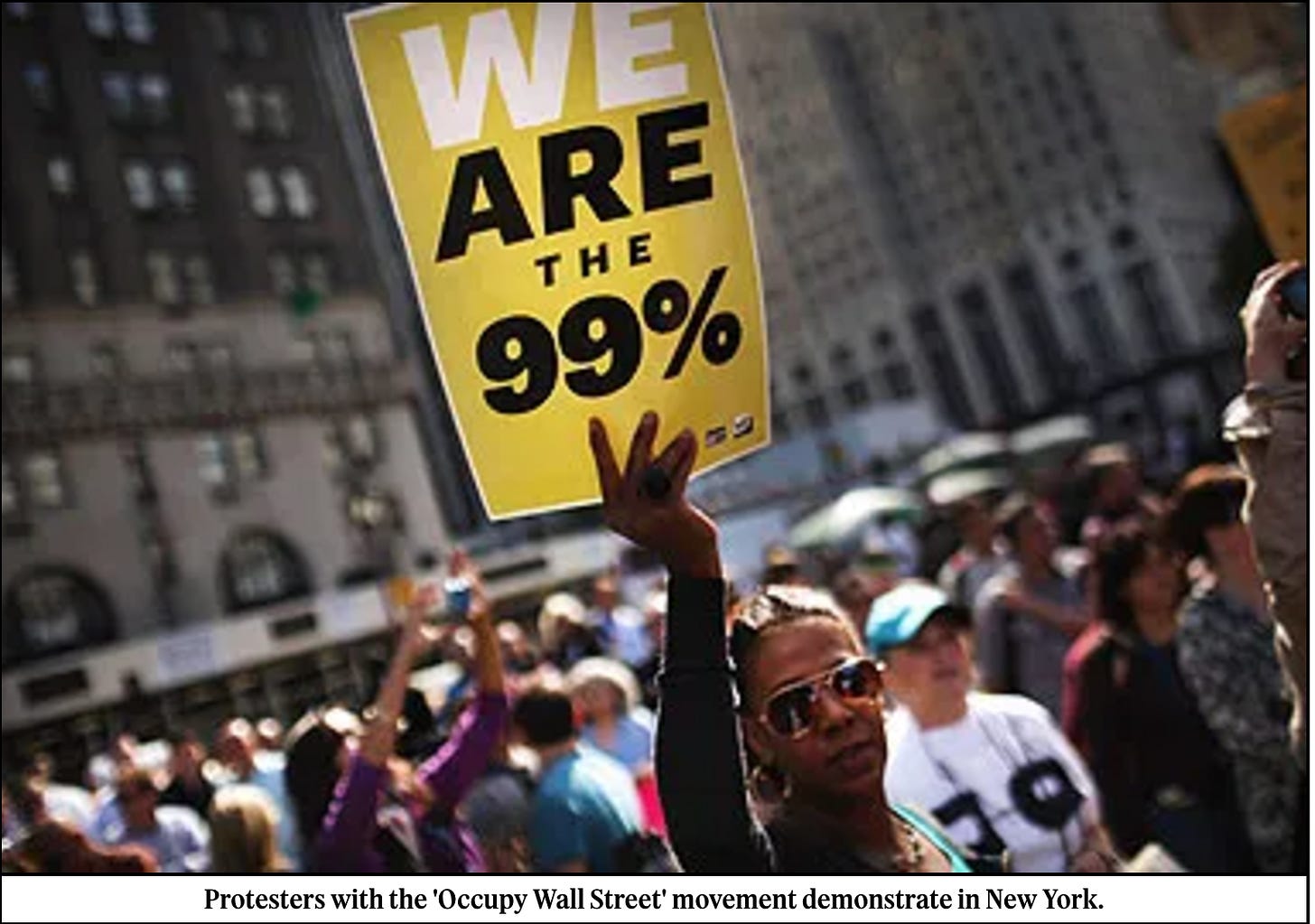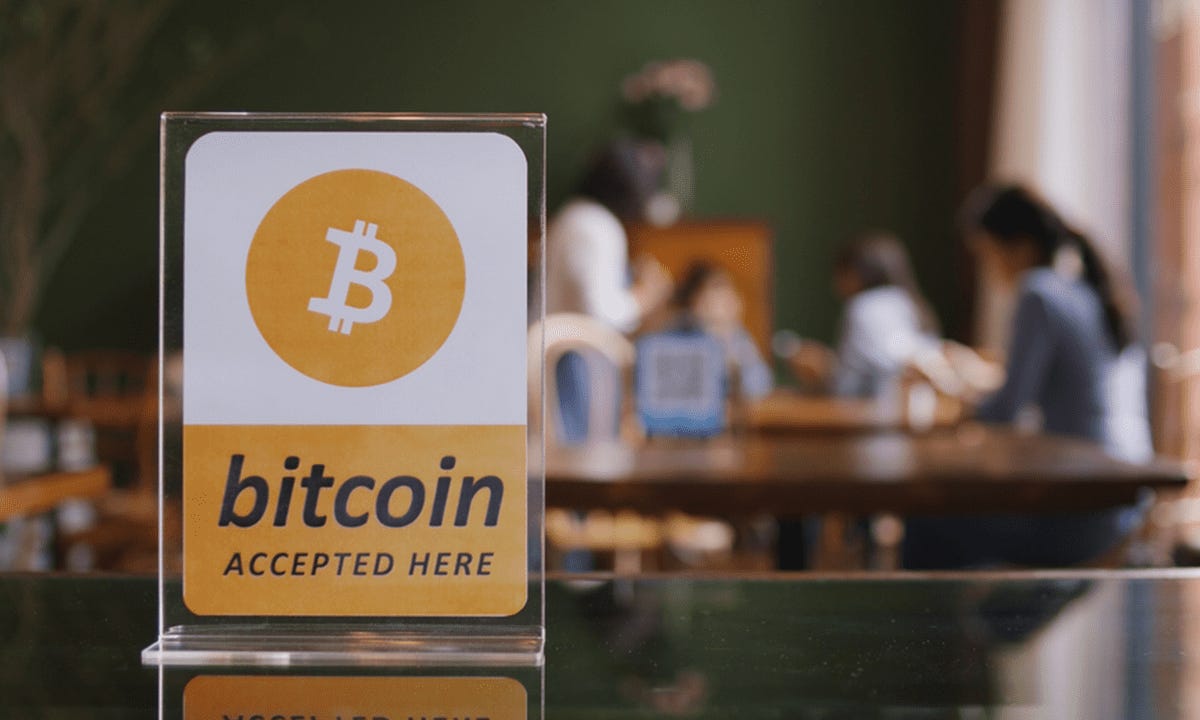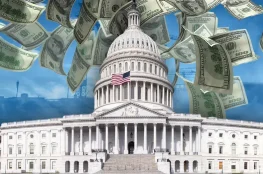From Trey Walsh, Executive Director of The Progressive Bitcoiner
Quite popular in the news recently, particular in left leaning circles, has been the topic of crypto’s influence in this recent U.S. election, the hundreds of millions spent on this election from crypto PACs. and the Bitcoin strategic reserve idea being floated by the Trump admin, some members of congress and some within the Bitcoin industry. This has also resurfaced some myths seemingly projecting progressives’ disdain for Trump and billionaires onto Bitcoin – the open source protocol and neutral technology that has no political ideology or worldview. My friend Jason Maier and I predicted this may happen this past summer when Trump saw an opportunity to garner more of the crypto vote after Biden, and then Harris, fumbled the opportunity. While I continue to hope progressives can, as I myself did back in 2021, look past some of Bitcoin’s biggest proponents in the U.S. and see the vast, global picture of this freedom technology, in the era of Trump 2.0 there is more work than ever to be done to educate and convince progressives that Bitcoin is for them, too. We’ll tackle that head on here at The Progressive Bitcoiner.
Looking to the origins of Bitcoin, and what the protocol actually does
There is a long history of cryptography, cypherpunk movements, and technological advances in digital cash and encryption that led to the creation of Bitcoin. It was not an overnight invention, but rather the culmination of decades of advances in this space. After the Bitcoin white paper, which I encourage you to read in full, was published on October 31, 2008, Bitcoin emerged when Satoshi Nakamoto, the pseudonymous creator of Bitcoin, mined the first genesis block on January 3, 2009. This was in the wake of the fallout of the 2008 global financial crisis, when trust in traditional banking and government systems was at an all-time low. Satoshi directly referenced this crisis in the Bitcoin genesis block, embedding the text:
“The Times 03/Jan/2009 Chancellor on brink of second bailout for banks.”

You remember 2008, with the subprime mortgage crises, collapse of the housing market, bank bailouts, global recession, and where Wall Street greed and unethical practice was rewarded by bailouts for the rich while everyday people suffered, many catastrophically…right? So imagine, Satoshi chose to directly reference these events in the genesis block, by design. Bitcoin’s decentralized nature was designed to bypass corrupt institutions and give individuals control over their money, challenging centralized power structures (such as corruption via the too-big-to-fail banks and government coordination), promoting financial inclusion, and providing an alternative to the inequities of the traditional financial system that were so massively exposed in 2008. Sounds like a pretty incredible tool for progressives to utilize and build a movement around if you ask me.

Now let’s look to Satoshi’s white paper to see what Bitcoin is and what it’s original use and purpose was that may help progressives see the forest through the trees (trees currently being distractions like election, politicians and billionaires we don’t like, etc). I’ve pulled out some quotes directly from the white paper that may be of particular interest to progressives skeptical of Bitcoin’s use outside of the uber-wealthy, politics, and speculation by greedy crypto bros.
1. Eliminating Intermediaries
“What is needed is an electronic payment system based on cryptographic proof instead of trust, allowing any two willing parties to transact directly with each other without the need for a trusted third party.”
- This speaks to removing power from centralized banks and financial institutions, which have historically exploited the public for profit. Bitcoin enables peer-to-peer transactions, empowering individuals to take control of their own money without relying on corrupt intermediaries.
2. Financial Inclusion and Decentralization
“The network is robust in its unstructured simplicity. Nodes work all at once with little coordination. They do not need to be identified, since messages are not routed to any particular place and only need to be delivered on a best-effort basis.”
- Bitcoin’s decentralized network ensures that no single entity or government can control it. This creates an open, borderless financial system accessible to everyone, including the unbanked and underbanked.
3. Protection from Inflation and Manipulation
“The steady addition of a constant amount of new coins is analogous to gold miners expending resources to add gold to circulation. In our case, it is CPU time and electricity that is expended.”
- Bitcoin’s fixed supply of 21 million coins prevents inflation caused by reckless money printing, a practice that disproportionately harms the poor and working class by devaluing their savings and purchasing power.
4. Reducing Fraud and Exploitation
“Merchants must be wary of their customers, hassling them for more information than they would otherwise need. A certain percentage of fraud is accepted as unavoidable.”
- Why It Matters for Progressives:
Bitcoin transactions are secure, irreversible, and fraud-resistant. This protects individuals and small businesses from exploitation by large corporations or fraudulent actors.
5. Empowering Privacy and Freedom
“We propose a solution to the double-spending problem using a peer-to-peer network. The network timestamps transactions by hashing them into an ongoing chain of hash-based proof-of-work, forming a record that cannot be changed without redoing the proof-of-work.”
- Bitcoin’s blockchain creates transparency without sacrificing individual privacy. It empowers people to own their financial data, reducing surveillance by corporations or governments. New and better tools for privacy are built every month in the Bitcoin ecosystem.
6. Fair Access and Decentralized Security
“The proof-of-work also solves the problem of determining representation in majority decision making. If the majority were based on one-IP-address-one-vote, it could be subverted by anyone able to allocate many IPs. Proof-of-work is essentially one-CPU-one-vote.”
- This reinforces fairness in decision-making within the Bitcoin network. Power is distributed based on effort (proof-of-work), not centralized control or wealth.
7. Financial Sovereignty and Empowerment
“With e-currency based on cryptographic proof, without the need to trust a third party, money can be secure and transactions effortless.”
- Bitcoin removes the barriers and risks imposed by banks and governments, giving individuals full sovereignty over their money. This is particularly impactful for those in oppressive regimes or underserved communities.

As you can see, Bitcoin was designed as a tool not requiring trust, and empowering individuals to freely transact with one another, while also preserving wealth over time that is currently stripped away with fiat currencies via inflation and central bank control. While anyone can use and have access to Bitcoin by design, yes including some of those pesky politicians and billionaires you despise, clearly this is a tool that progressives should see being an incredibly empowering tool for individuals and communities in the U.S. and around the world. Think of those underbanked, or excluded from the traditional banking system, those facing hyperinflation, those predatory remittance payment companies that charge outrageous fees when bitcoin can be sent anywhere in the world for fractions of a penny via the lightning network or still very cheaply on-chain. The examples and opportunities are endless.
And what has Bitcoin done for a progressive and millennial like me? Well it’s given me and my family hope for a retirement in the future via better savings mechanisms, given me hope for the world as someone who works in nonprofits that people now have this incredible tool for financial freedom and empowerment, it’s connected me with a global community fighting for a better future through bitcoin, and it’s given me the opportunity to lead efforts like ours here at The Progressive Bitcoiner to help you, the reader, see that maybe there’s some hope to be found for you too here in Bitcoin.




